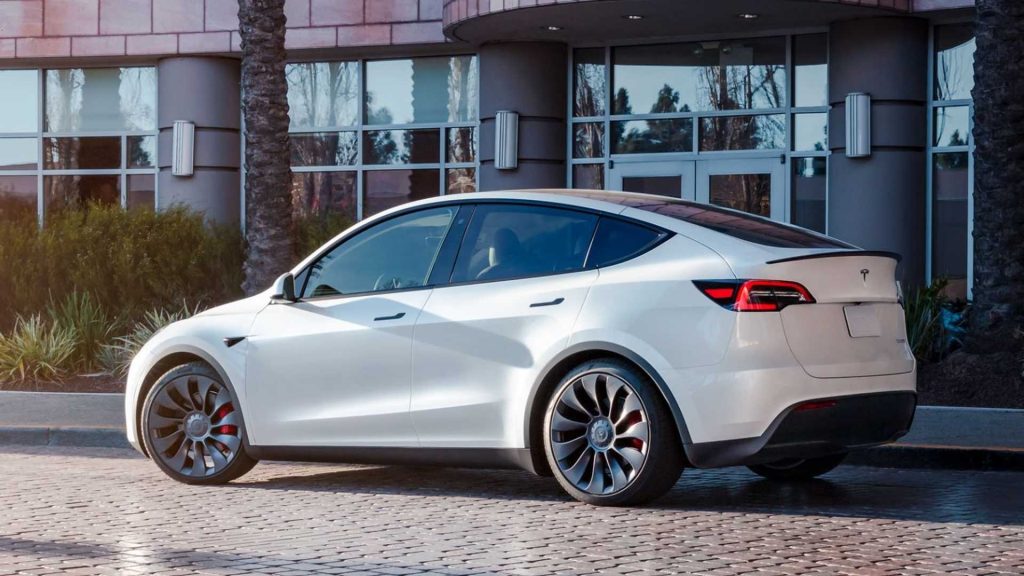When looking at electric vehicles, most prospective buyers are quick to notice higher sticker prices than what they’re used to with gas cars. However, one analysis by experts shows that EV buyers could actually stand to save money in the long run compared to gas car buyers — saving the average owner several thousands of dollars.
 |
Above: A Tesla Model 3 (Image: Casey Murphy / EVANNEX).
Citing a 2020 study from Consumer Reports, a recent CNBC report notes that the average consumer could save between $6,000 and $10,000 over the lifespan of an EV. Relative to internal combustion engines (ICEs), electric engines require less maintenance and repair costs, and it generally costs less to charge an EV than it does to fill up a gas car’s tank over the lifespan of the vehicle.
In the study, researchers compared vehicles within similar size classes and segments, including luxury passenger vehicles. It defined the average lifespan of a passenger vehicle as 200,000 miles. In general, the study and experts said that EVs will cost less than ICE vehicles over time, though a number of specific factors may contribute to an individual case.
In a recent University of Chicago and Associated Press joint poll, 41 percent of U.S. respondents said they are at least somewhat likely to buy an EV, while 60 percent cited high sticker price as a major reason why they wouldn’t necessarily purchase one.
Throughout a vehicle’s lifespan, “battery electric vehicles tend to come out ahead of [internal combustion engine] vehicles, on average,” said Debapriya Chakraborty, UC Davis researcher at the Electric Vehicle Research Center.
She also pointed out that many caveats could affect individual EV buyers, including regional gas and electrical costs, how common public charging is in a given area, the accessibility of home charging, and the EV’s range, among other factors still.
University of Michigan’s Center for Sustainable Systems Research Assistant Maxwell Woody also says that home charging and buying incentives could play major roles in the long-term affordability of EVs.
“Yes, EVs are [generally] a better deal, if you include all the [financial] incentives you could potentially get and primarily charge at home,” Woody said.
EV prices have improved since 2020, largely due to decreased battery and supply chain costs, as well as more competition in the market. Tesla has also led a number of automakers to cut prices on their EVs this year, and the company is working on a higher-volume next-generation platform. The next-gen platform is set to be produced at its upcoming Gigafactory Mexico.
While caveats to EV cost savings remain, including a wide range of regional factors, battery technology should only continue to become more affordable in the coming years — even further decreasing lifespan costs for consumers.
Sources: Consumer Reports / CNBC
===

